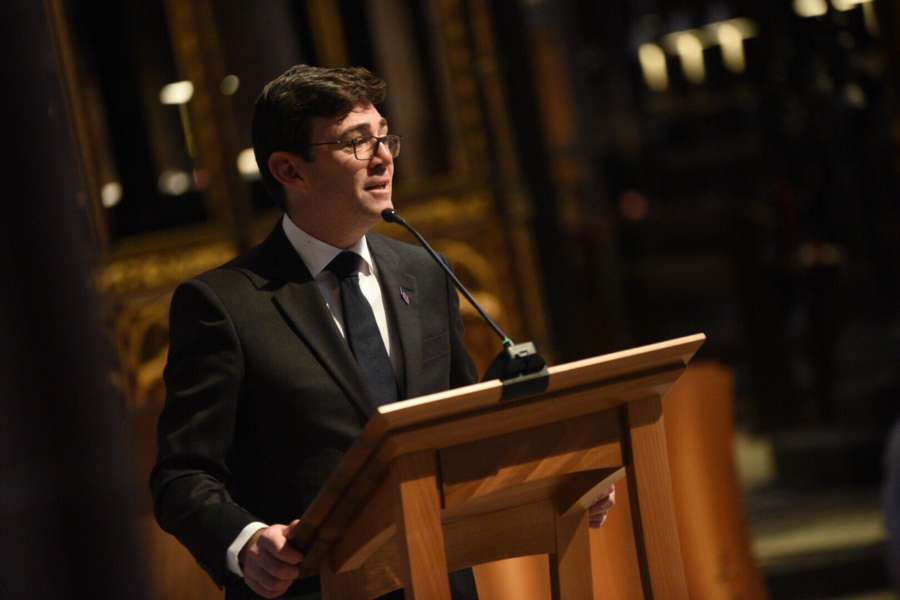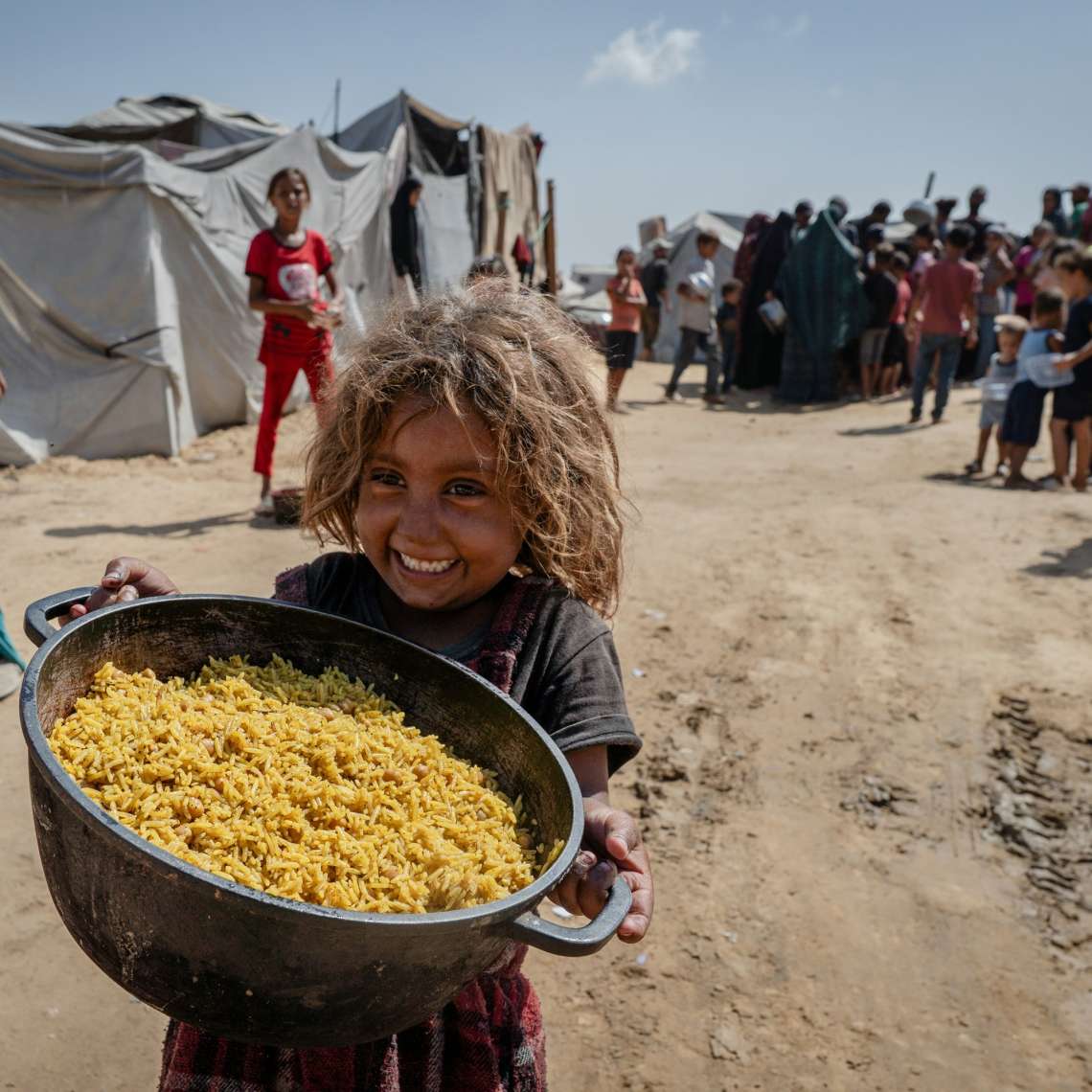Mayor Andy Burnham welcomed official figures showing the total number of people sleeping rough has fallen substantially for the first time in eight years in the city-region…reports Asian Lite News

Mr Burnham, who has pledged to end the need for rough sleeping by 2020, said: “Tackling rough sleeping in Greater Manchester remains a huge challenge – our approach can always improve but I am confident that for the first time in a long time real progress is being made. We are helping people turn their lives around and in many cases saving them.”
Official government figures published show that on the night of the national rough sleeper count last November all 10 Greater Manchester boroughs’ figures combined showed 241 people sleeping outdoors, a reduction of 27 over the last 12 months. In eight of the boroughs numbers have either stabilised or fallen.
Since the start of November the Mayor’s A Bed Every Night campaign has helped 1,236 people into safe, warm and supported accommodation. It is the basis of a commitment to provide a bed for every rough sleeper in Greater Manchester who wants and needs one every night of this winter regardless of weather or temperatures.
“These figures from Government demonstrate that in Greater Manchester the tide is turning,” said Mr Burnham. “This winter, through A Bed Every Night, we are the only city-region in the UK working to provide beds across all our boroughs to meet demand for accommodation and support. We think that since the official count the number of people on our streets has dropped still further.
“The fact that more than 200 people are still sleeping rough in our city-region in this day and age is completely unacceptable and there is still much work to do. This is a humanitarian crisis, not of our own making, and there is no easy solution.
“A Bed Every Night is both morally and economically the fight thing to do. Research by Crisisshows someone sleeping rough costs the taxpayer £20,000 over the course of a year – someone being helped by our programmes costs roughly half that.
“We are leading the way on this issue in Greater Manchester – in contrast to many other cities’ and city-regions’ figures our numbers have declined over the past 12 months, the first time that has happened here since 2010. I call on Government to recognise the success of our strategy and adopt it as the nationwide approach to tackling rough sleeping.”
The national rough sleeper count takes place every year on one night in November, with local authorities up and down the country submitting data to the Ministry of Housing, Communities and Local Government (MHCLG). Figures are independently verified and the MHCLG subsequently publishes nationwide data early the following year.
These figures give the best indication of the numbers of rough sleepers on our streets, but it is generally accepted that the actual number is likely to be higher. However, these figures provide solid evidence of a reduction, which is backed up by what we are seeing on the streets.
For example, the latest figures, relating to the early morning of Friday 16 November, demonstrate that the number of people sleeping rough in Salford decreased, with 26 individuals counted compared to 49 the previous year. On the same night, roughly 40 people were inside A Bed Every Night accommodation in the borough as the scheme, which launched at the start of November, started to make an impact on the streets.
A Bed Every Night, supported by local authorities and supplemented by generous donations from Greater Manchester’s businesses and members of the public, is the first step off the street for many of the city-region’s homeless and is currently funded to run to the end of March.
Operating alongside the scheme is the existing Social Impact Bond (SIB) which has thus far secured independent living spaces for 223 of the city-region’s previously most entrenched rough sleepers.
Next month Greater Manchester’s work to end rough sleeping will go even further with the launch of a ground-breaking Housing First pilot, backed by £7.6 million of Government funding. Its aim is to provide additional support to a further 400 people over the next three years by establishing accommodation for people facing multiple needs and exclusion, including homeless people.








